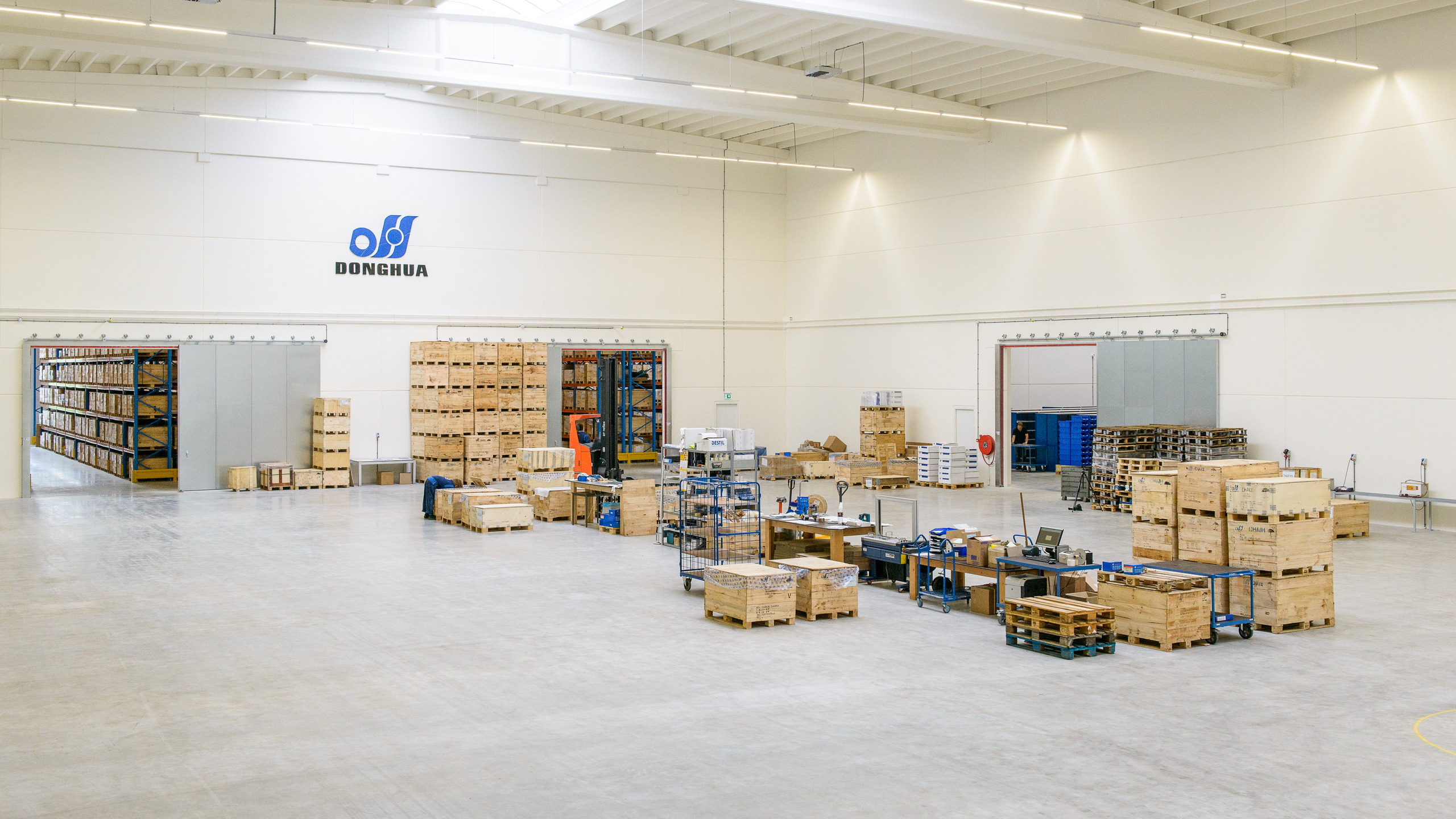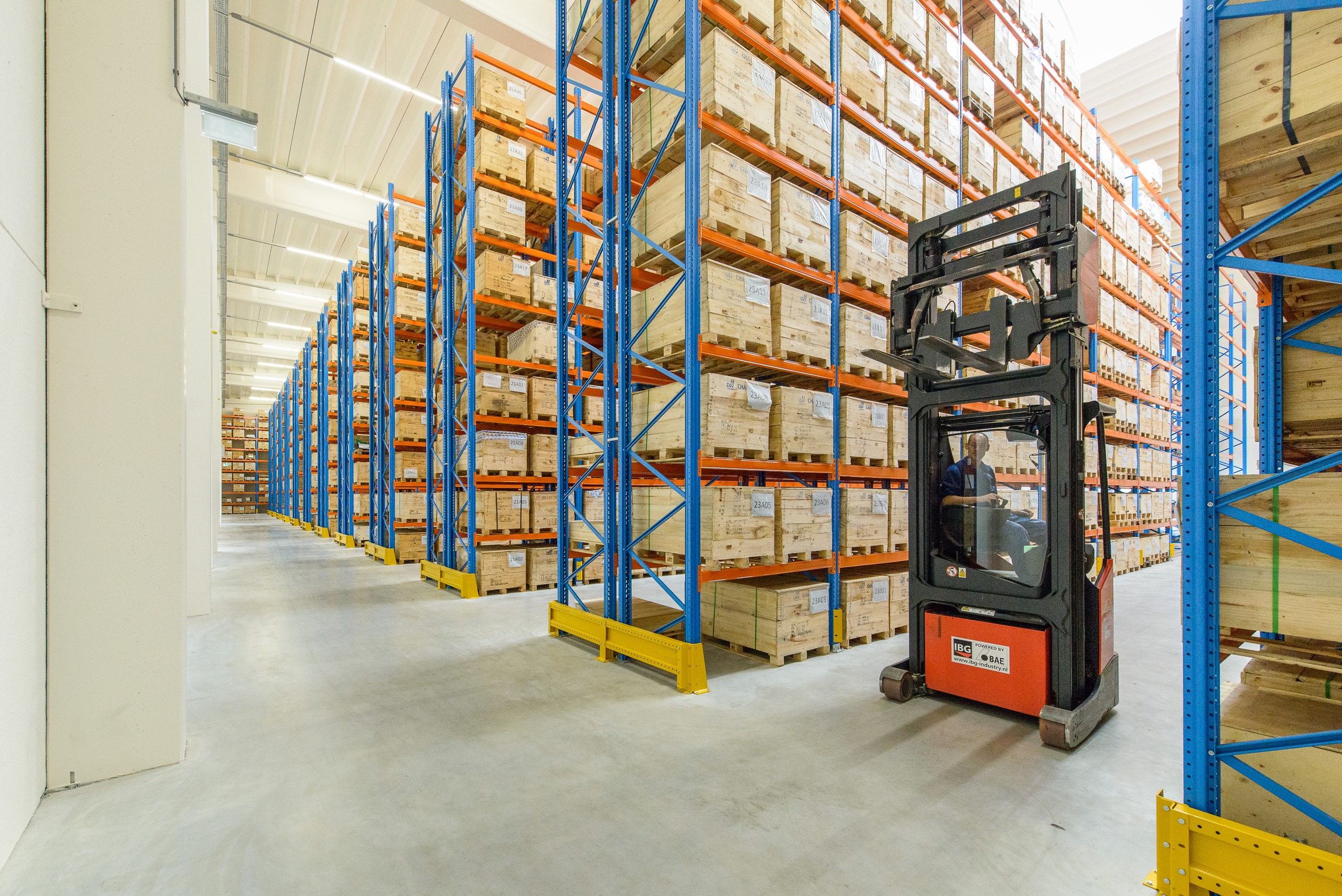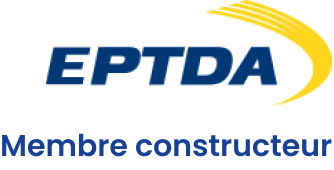Donghua’s transformation into a premium chain manufacturer
The Donghua factory has undergone a remarkable transformation over the past 15 years. What began as a producer of standard commodity products has evolved into a premium supplier with advanced technologies and strict quality controls. In this article, we explore with CEO Erik Diepenhorst how this transformation occurred and the steps the factory has taken to elevate product quality.
“The development from standard to premium product line over the past 15 years has been crucial,” says Erik Diepenhorst, CEO of Donghua International. “When we started 15 years ago, we only had commodity products. Now we are a premium manufacturer thanks to our investments in high-quality production lines, automation, and control.”
The factory has made substantial investments in production facilities and treatment methods, heavily focusing on automation. The implementation of vision cameras and data analysis allows for the monitoring and measurement of each component. This has resulted in complete control over the production process, a significant improvement over previous statistical process control (SPC).
Ambition and culture
Erik Diepenhorst explains that the driving force behind this transformation is the ambitious vision of the parent company and Chinese culture. “Our parent company and the Chinese culture are incredibly ambitious. They work hard and always strive to reach the top, and preferably even further. In our original business model, we expressed the ambition to become market leaders. You can only become a market leader if you have a premium product that meets all the specifications and requirements in the market.”

Technological innovations
One of the key technological innovations is the use of high-speed vision cameras. “Where SPC used to be the standard, we now have full process control,” Eric Diepenhorst explains. “This means we can check every produced part, instead of just a sample. This has led to 100% quality control and a further increase in the quality of our products.”
“Software, automation, and high-speed cameras have made this significant leap forward possible,” Erik Diepenhorst adds. “We have agreed on specific quality levels per market. For example, the automotive industry demands extremely high quality. In automotive, no errors are allowed; we are talking about a defect rate of x parts per million.”
Certifications and standards
Certifications play an important role in the factory’s quality policy. The factory has achieved various ISO certifications, such as ISO 9001 and ISO 14001, which confirm the high standards for quality and environmental management. Recently, the factory also obtained the EcoVadis certification, emphasizing the sustainability of their production processes. Erik Diepenhorst emphasizes, “It is crucial for us to be compliant and meet the minimum requirements of today’s industry. This once again proves that we are a leading supplier of various chains and chain systems.”
Logistics
Donghua also places a strong focus on logistics. “Most of our goods are transported by sea freight. The containers are sealed at the factory and can only be opened upon arrival at our warehouse,” says Erik Diepenhorst. “This guarantees the quality and integrity of our products during transport. Traceability is essential; we know exactly which products are in which container and crate. This allows us to unload containers within 15 minutes and store the products in our warehouse or prepare them for further distribution.”

“A large part of our inventory is stocked in Alkmaar and can be delivered quickly. We then replenish this from China as quickly as possible. Even during COVID, our customers did not notice that our production takes place in China; they were supplied as usual and with the same delivery times.”
However, one of the biggest challenges for the future is the introduction of CO2 levies by the European Commission. “This means that in the future we will have to put a sticker on each box of chain to indicate the carbon footprint of that specific product,” says Erik Diepenhorst. “The machine builder will also need to keep records because they must be able to demonstrate the total CO2 value required to produce that machine. This requires a completely new administration and may lead to additional costs for purchasing CO2 rights or reconfiguring processes to meet all European standards already at the factory.”
Conclusion
The Donghua factory has made significant strides in improving product quality through investments in advanced technologies and stringent quality controls. With a wide range of certifications and a focus on sustainability, the factory continues to adapt to the changing demands of the market and regulations. With this solid foundation, Donghua will continue to build its position as a premium supplier for both OEM and distribution in the coming years.

